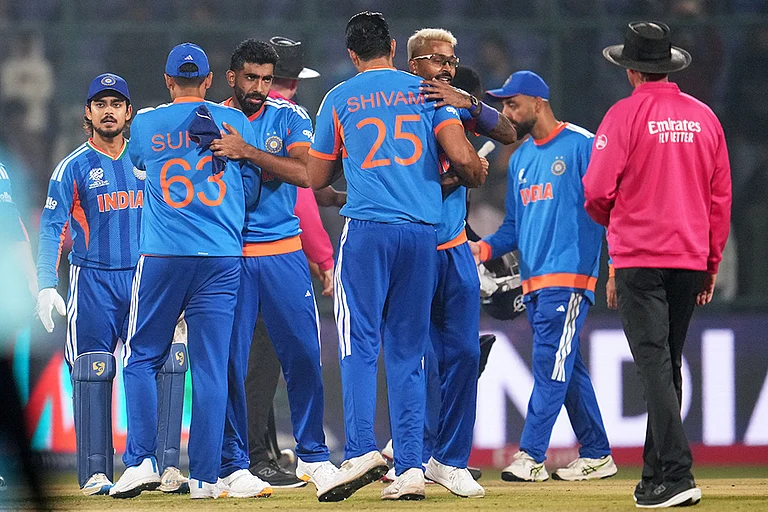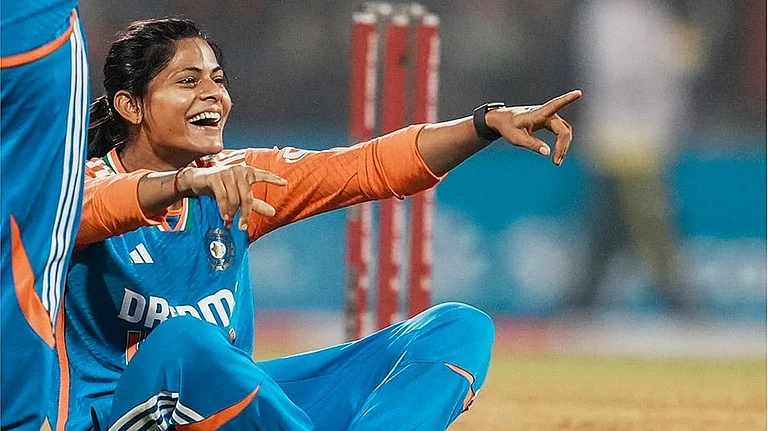After choosing a Dalit as a Presidential candidate in the previous elections, the ruling Bharatiya Janata Party-led National Democratic Alliance named an Adivasi woman as its nominee for the for the 2022 Presidential elections. The former Jharkhand Governor Droupadi Murmu has become the first Adivasi to become the President of India. It may appear symbolism to some, even optics, but the political significance of an Adivasi woman being the Head of the Republic can’t be underestimated.
In 2017, when Ram Nath Kovind was elected as the President, he was only the second Dalit to reach the post. While Kovind belonged to the Koli community, among the most underprivileged SC sub-castes, Murmu is a Santhal adivasi.
The significance of an Adivasi woman on this side gets amplified by the lack of foresight the Opposition showed in choosing Yashwant Sinha as their candidate. While it’s yet to be seen whether her candidature would help the BJP make inroads into the tribal vote bank, the party seems to have won a moral high ground.
Progress or tokenism?
While electing a tribal woman leader for President is a step in the right direction, much is needed to undo the injustice borne by the tribals, who remain vulnerable to physical, sexual, economic and emotional exploitation. At a time where several tribal women leaders including Soni Sodhi and Hidme Madkam have been facing prosecution, with the government branding them as Maoists or Maoist sympathisers, the actual impact of Murmu’s candidature can only be assessed on the ground.
Indian jails are full of adivasi undertrials, with piling cases of sexual and physical abuse against them. Referring to Hidme's arrest, Adivasi poet Jacinta Kerketta had told Survival International that “the manner in which it was done reiterates for us Adivasis that governments cannot tolerate anyone among us who speaks up against the takeover of our resources.
If she wins, will Murmu speak up against the abuses faced by Adivasi women and the government's failure in saving them from oppression? That Kovind couldn’t bring any major change in the lives of Dalits indicates that tokenism is not enough.
And yet, symbolism can’t be ignored because it marks a major step towards making politics inclusive and achieving social justice. It forces other political parties to recalibrate their stand and shakes politics out of its slumber. It also pushes political analysts to search for a new lens to view the party they believe is avowedly ‘upper caste’.


























